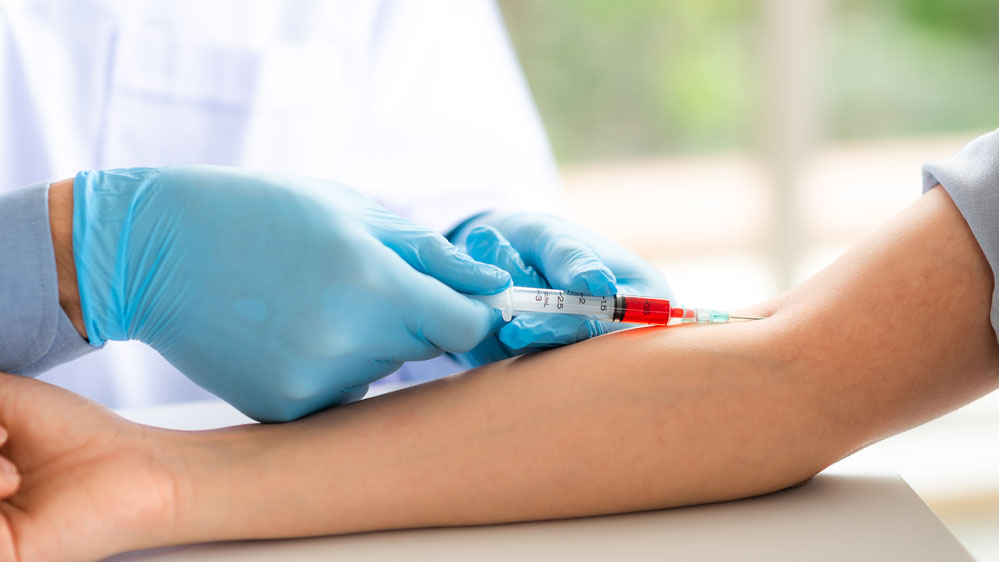Liver Disease: Symptoms and Treatment
As the largest organ inside the body, the liver is responsible for vital tasks. Along with helping with digestion and the storage of energy, the liver also removes harmful substances from the body. When liver disease develops, liver function suffers, putting your life at risk.
Liver disease can result from many different causes, including viruses, inherited disorders, metabolic disorders, medications and alcohol. Recognizing and treating liver disease in its earliest stages prevents unnecessary damage and provides the best quality of life possible.
Many digestive health problems can be managed by your primary care provider. Find a provider accepting new patients. If necessary, he or she can refer you to one of our board-certified gastroenterologists.

Types of Liver Disease
Currently, there are more than 100 known liver diseases. Some of the most common include:
- Hepatitis A, B and C and autoimmune hepatitis, all conditions marked by inflammation of the liver
- Liver cancer, which can develop from any liver disease but particularly chronic viral hepatitis and cirrhosis
- Liver failure, which develops when the liver can no longer function and can be caused by cirrhosis, malnutrition, or, less commonly, poisonings or medication overdose
- Nonalcoholic fatty liver disease, in which liver function is hindered by fat buildup and, in some cases, inflammation and cell damage
Liver Disease Symptoms
With so many liver diseases, the symptoms accompanying each vary. In fact, some cases of liver disease produce no symptoms at all. When symptoms of liver disease do arise, the most common include the following:
- Bruising easily
- Color changes in the stool and urine
- Swelling in the legs and abdomen
- Yellow skin and eyes, which is known as jaundice
Liver Disease Treatment
Proper diagnosis is crucial to determining the best treatment and may include blood tests or removal of liver tissue, also called a biopsy. Depending on the type and extent of disease, one of the following treatment methods may be used:
- Treating an underlying condition — If liver disease is the result of an underlying condition, treating the condition can lessen the severity of and potentially cure liver disease.
- Lifestyle changes — Losing weight, giving up alcohol or making other lifestyle modifications can be helpful in battling liver disease, including nonalcoholic fatty liver disease.
- Medication — Medications can cure hepatitis C. For other conditions, medications can help manage symptoms or, in the case of autoimmune hepatitis, improve the immune system’s response.
- Surgical intervention — Procedures are available to prevent complications from chronic liver disease. Most of the complications are related to congestion within the liver. These procedures are aimed at preventing associated bleeding and fluid accumulation.
- Liver transplant — When all other treatment methods are exhausted and liver failure is present, liver transplant is the only treatment method available.
